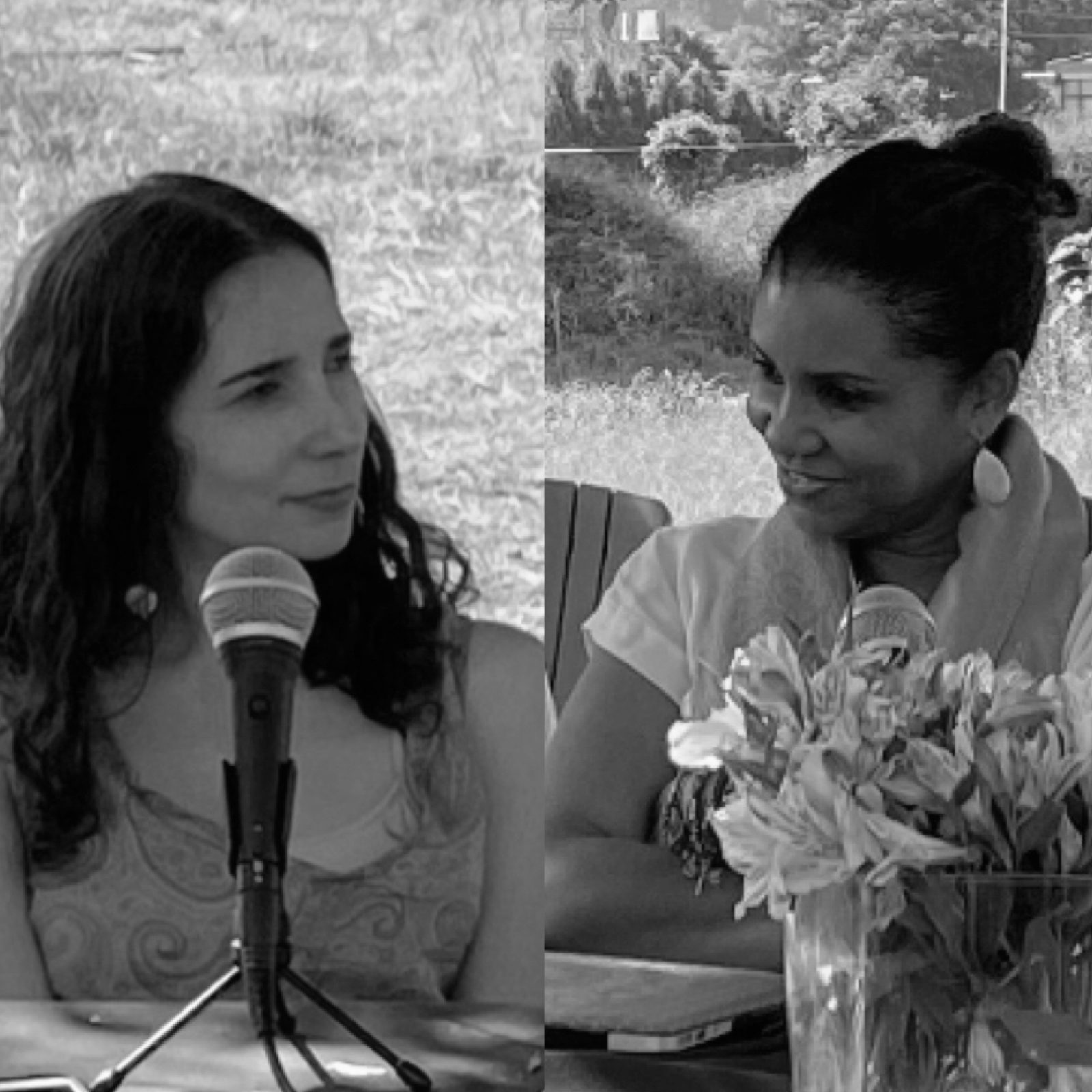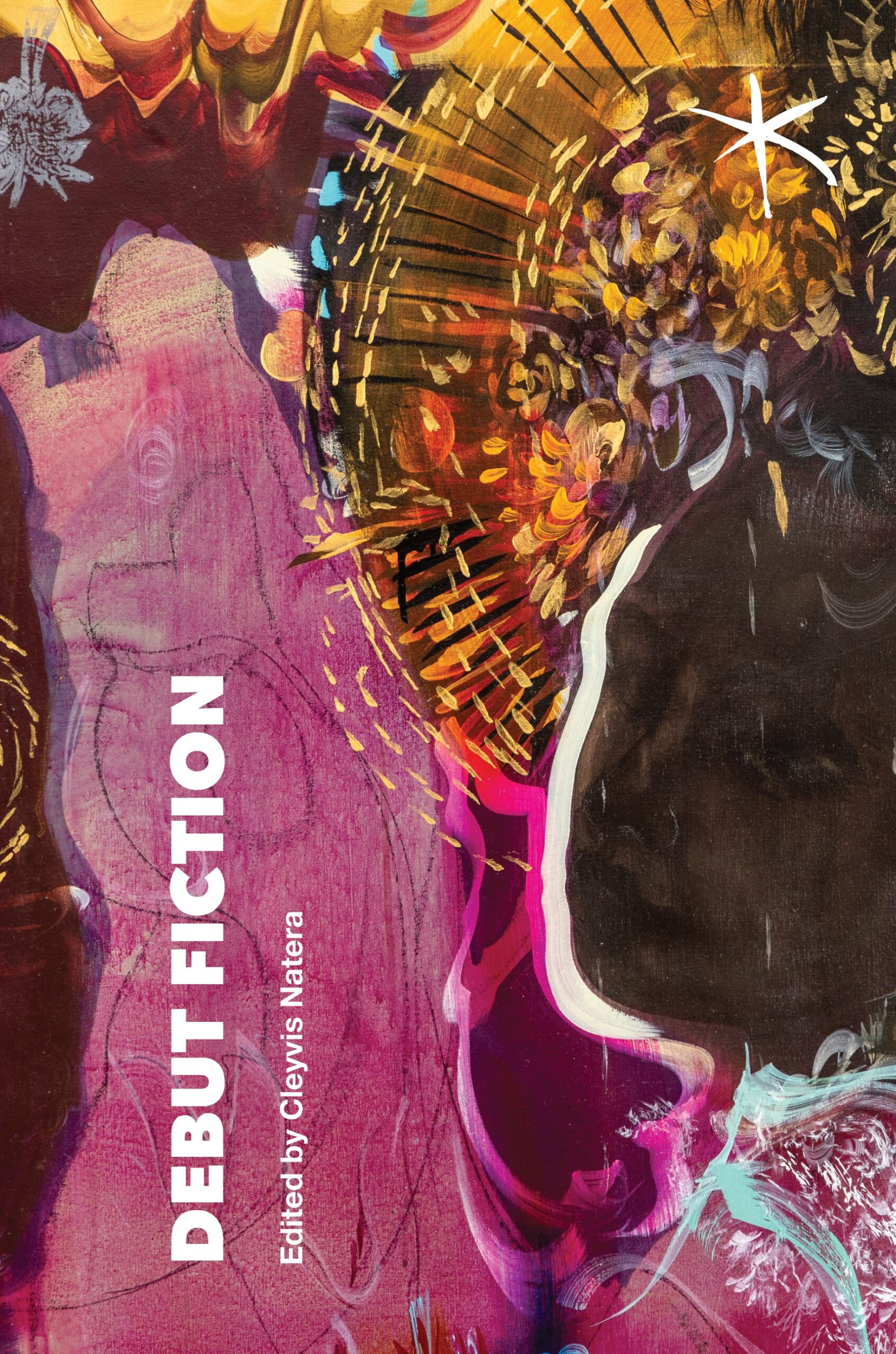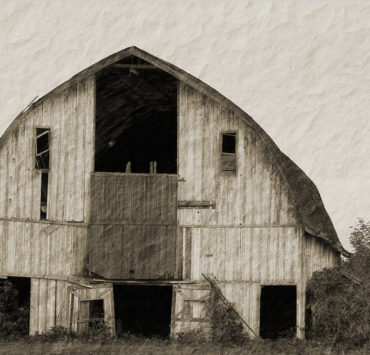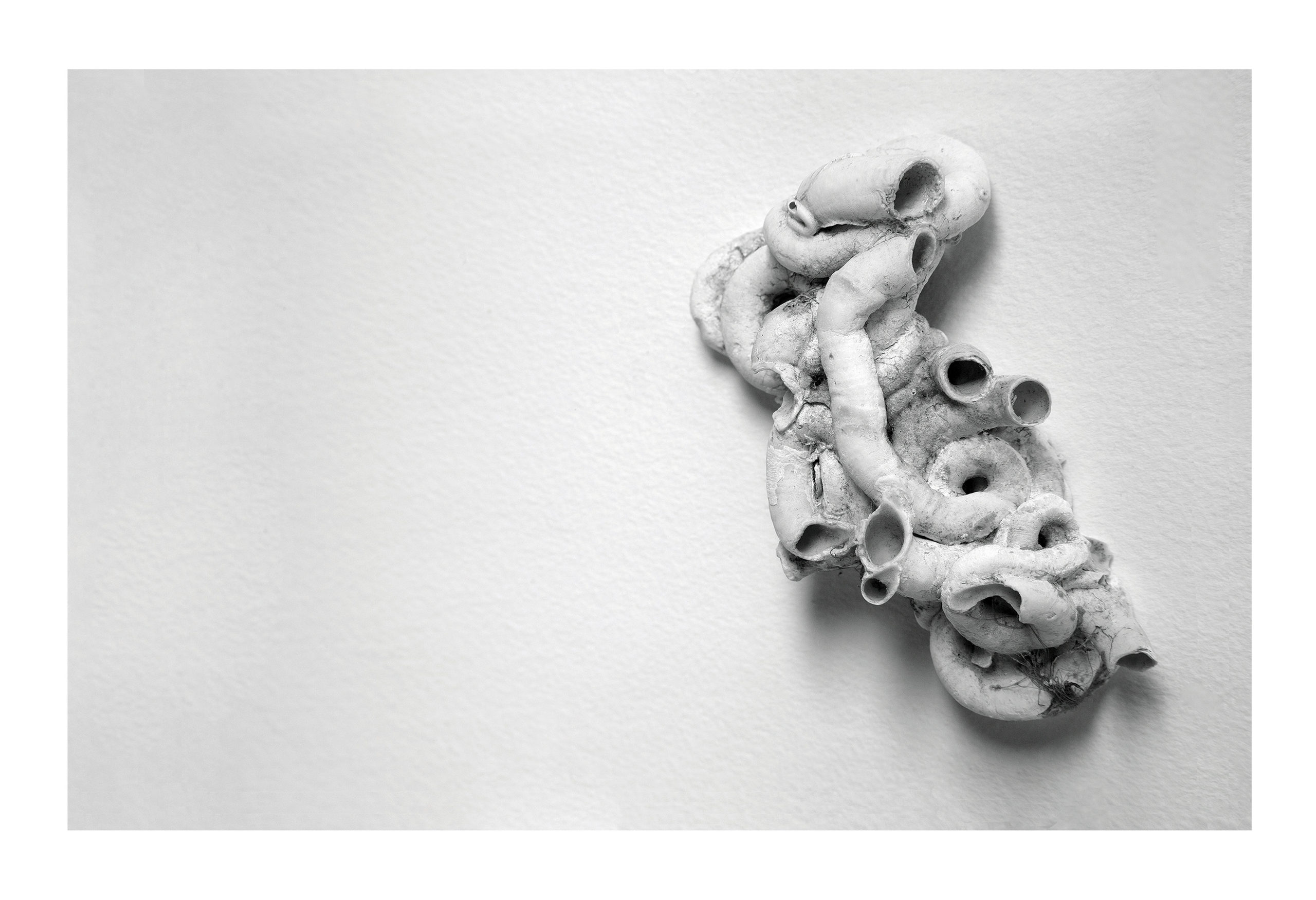
January 12, 2020- Under the Volcano, Tepoztlán, Mexico
Moderated by: Magda Bogin
Magda Bogin: Both Nelly Rosario and Emily Raboteau came to Under the Volcano in its very early days, and since have asserted their place in the literary landscape of the United States, in many different ways, in many different genres, with voices that are deep, that are wide, that are broad, that are challenging, that are exciting, that are innovative and both of them are now here with us as faculty. Let’s start with imagining the future and or the future of the imagination.
Emily Rabateau: Before I start, I have a prop to show. This is a bag that says, “There are Black people in the Future” that comes from an artwork made by Alisha Wormsley. This statement was written on. a billboard in Pittsburgh during the Black Lives Matter movement. The statement, “There are Black people in the Future” asserts something positive during a time when Black people wound up dead, because of police brutality, without consequence.

In Pittsburgh there was a lot of objection to that billboard from community members living there so it was eventually taken down. Then I saw Wormsley’s statement again in really big letters, which I find to be very hopeful and also crazy that it should be stated, but it was up at St. John the Divine in New York, at the memorial service for Toni Morrison last month. As you may know, that cathedral, one of the largest in the world, is under perpetual construction, it is not finished. It is this beautiful, kind of hopeful, constantly growing institution that feels very old but never done. And earlier today as we prepared for this conversation, we discussed the future as something that never really arrives, and we thought to discuss how to believe in the future is a hopeful act.
I also was just thinking about, Alberto Chimal’s post-apocalyptic fiction, and of the sign that has been appearing around in bookstores. I think it first came up in Cornwall in the UK in the window of a book shop that said “the Post-Apocalyptic Fiction section has been moved to Current Events”. Since then it’s taken off and it’s been appearing in different book shops and it’s funny but it’s not funny.
We laugh at it in recognition because I think we are in a time that feels like the future is now. Nelly, do you want to talk a little bit about what you shared with me, the story about what your father told you about the seeds and the cutting of the melon? In thinking about seeds and growth in terms of preparing for the future as in agricultural and hopeful and also communal enterprise?
Nelly Rosario: Yeah, I want to think about the future as generative and we tend to sort of think of it like genocidally, the death of birth, the death of the beginning. Why can’t we think about birth? Why can’t we think of destruction as making ground?
In the tarot, the Death card has green at the bottom but people often just see the skeleton. If you think about even the way we do Catholicism in Latin America; it is Marian based, it is based on the mother and not on Christ on the cross bleeding and dying. So, I don’t want to look at destructive stories, I mean that’s pretty easy, to destroy. I want to look at creation stories. It’s very hard to create! For me, gardening and thinking about how the land and nature is constantly making, is useful.
So, my father always told us this story. Each time he shares it, there’s kind of a new layer that is uncovered. So, there were thirteen siblings, my grandfather in the Dominican Republic, they would go every week—my father hated it. They would go up to what they called el Conuco, which is a Taino word for farm or ‘plot of land’ and he gave them each a row to plant. And my father said, “you know everyone, you know we had the same soil, we had the same water, we went the same days but all of our fruits came out different.”
And my father’s brothers always laughed at him because his fruits were little. One of the brothers always had big fruit. They would make fun of my dad and my dad would say it was interesting because, when you cut open the bigger fruit they had a lot of meat but not a lot of seeds. My father’s were packed with seeds. And when you looked at their future, I mean, my uncle, God bless him, faced some challenges. So I always think about fruits and the power of seeds. Then I think how in the United States we tend to eat a lot of genetically modified fruits that have very little seeds. I am very suspect of seedless grapes, you know. So I think gardening and those metaphors are really important because nature is very generative, all the time.
ER: You also said something else to me earlier that I liked, in relation to gardening which is that hope like gardening should be thought of as an active verb. Also, the future I think could be thought of that way, as an active verb, something we’re enacting or seeking for in the present.
MG: How does that shape what you are trying to do in your writing?
ER: Well, I’ve been writing increasingly about climate change. And I think of it as maybe a little bit of an activist gesture in so far as it uses my skill and my talent as a writer to try to spread news or reach people’s hearts in ways that might motivate action or hopefully eventually increase talk in ways that will affect policy. If elected officials understand what matters to us they might actually make changes.
I also feel after having read something that the writer Amitav Ghosh said in his book The Great Derangement, that really as novelists we have to think about our future readers. And if you consider somebody 50 or 100 years from now—it is very hopeful to think that anybody from 50 or 100 years from now might be reading your work, maybe that’s a little egotistical to even think—but, of course, we all want our work to outlive us, just as we want our children and children’s children to outlive us. He felt that if he wasn’t being more careful about being honest about the climate crisis in his work, future generations would look at what he was writing in his fiction and feel that he was deranged—not to be aware and alert to the ways this even was unfolding and the ways in which he was complicit. So his book The Great Derangement is imagining future readers and it is also a call to writers to think about how we might incorporate climate crisis in our work to indicate to our future readers that we are aware, concerned, apologetic, active, transforming, effected, complicit, etc. So that really affected me, as a writer.
MB: Emily, does that mean leaving fiction behind? Do you have a mission that is in some way different from what you might be doing in fiction? Do you feel that fiction is a luxury that in some way pales beside this greater sense of urgency that has led you to write non-fiction?
ER: At the moment, personally, yes this kind of writing feels more urgent, necessary and yet I think novels are very hopeful. They take time to write. It does take a kind of faith to think that it will matter later to readers. I’d like to be able to have the hope to return to that mode but for now I feel, yeah, like I don’t want my kids to look at me in like twenty years and say “well, why were you writing this thing instead of this thing”. So, maybe I’ll return to it but for now I am writing a lot of long form essays about the climate crisis.
MB: What about you Nelly? Do you have that same sense that fiction somehow isn’t up to the task that lies before us?
NR: Genre! I mean ‘gen,’ the prefix ‘gen’ as in birth, as a kind of taxonomy of a thing…I think that fiction and any genre or even gender, these boundaries are being collapsed. So, I don’t think about it in terms of genre, I write what I need to say and if a novel emerges, then ok. One of the things I plan to share with you today is actually a non-fiction piece that has a science experiment around how to extract DNA from banana. But that’s not really what the form is about. It’s about talking about a banana as something difficult to categorize, plant. And also to figure out what bananas have reaped, just the kind of horror it has reaped on our regions. In Honduras, the original Banana Republic, the banana has created a kind of Latino identity in the United States with Chiquita Banana. And this is the way, you know the United Fruit Company cleaned up its image, by using a woman’s body as a way to sell a product—so the genre, I don’t care, I just like to get the the truth out, whatever costume or frame you need. And sometimes the frame itself is the message, so when you collapse or change or switch genres you’re also commenting on a sort of mutation of truth. It’s not whether or not I should be writing fiction, I like to think that my fiction is being lived, it could be drawn, it could be planted. I really want to plant a novel! I want to grow a fictional garden that you can read. I don’t know what that means: Bury books and see if they grow? I just love this idea that you buy a book and it has a seed in the pages and then you bury it and it grows into something.
Aboriginal and indigenous cultures often use this image of the horizon as this sort of unreachable. This idea of el horizonte, el horizonte is always this sort of pass in tow—you’re never going to reach it. I think that’s what keeps us alive. My dad said the minute you lose hope that’s when you’re really old and you’re ready for the grave. You can’t lose hope. You have to have a little ambition.
MB: Emily, can we hear about your connection between Searching for Zion, because I think that’s so much about hope and migration and imagining a different future, and thework you’re doing now?
ER: Well, I wrote a book about utopias and I was really interested in how the book of Exodus is used not just by the Jewish diaspora but also by the African diaspora as a hopeful story—and that’s been true since the time of enslavement in the United States. The idea that just as there was a place for the Hebrews, the Israelites in the Bible after having left enslavement under bondage in Egypt to find the promise land, that so too there might be a place for African Americans, that was a story that really drove them and helped them endure and that’s true to this day. I was interested for this book in discovering communities that had left home to find home elsewhere like Black Americans who left America. And so, I travelled all over the world to talk to these people who, out of feelings of dispossession or disenfranchisement, left the country, became ex-patriates and tried to create utopias all so to ask them “Did you find the Zion you were looking for?” And in every instance the answer was “no”. But, nevertheless, I really respected the impulse to try to find and create it.
ER: Nelly, would you tell people about your love of fractals?
NR: Fractals are everywhere. It’s like controlled chaos. It’s like we think something is being destroyed but when you pull back the picture it’s an entire design that we can only see from the distance. We self-destruct so that we can generate something else. So if I die in order to make room for fertilizer for another species then so be it. Seriously, it’s not nihilistic it’s real.
MB: Are you going to read to us about bananas?
NR: Yes. I will read “Sequencing Gold” from the essay, “DNA + Latinx: Complicando the Double Helix”.
MB: And you said it had something to do with a fiction that’s germinating—
NR: Yes, the novel that I am working on is about a fictional medical island, sort of like the Dubai of medicine. I am thinking about anatomy and the body and medicine for profit and how we to push against that and reimagine medicine in a different way. This essay is based on some research I was doing on DNA. DNA is the way nature writes. It’s nature’s language. I mean we even use letters to express patterns—so it’s really about patterns and all these other kind of ways of conveying information.
Read: “Sequencing Gold”
MB: Emily, will you read from your most recent climate essay in New York Magazine?
ER: Yes. I would love too.
Read: This is How We Live Now by Emily Raboteau
MB: Thank you both for being here this week. You’re both making me feel like you are so much the daughters of Grace Paley who was here in 2003, 2004. Grace Paley led one of the first fiction master classes here. And Grace, as many of you would know, besides being an incredible short story writer, was a passionate activist and I think we all sometimes feel we’re glad that some of our ancestors did not live to see the time we’re living in but I think if Grace were here she would be so, so proud of where you’re taking your writing. I mention her now too because often we talked politics and I would say “Where do you get the optimism, where do you get the hope?” and she’d say “Honey, it’s our job, it’s our job.” And I feel like you are taking that forward.
Emily Raboteau is the author of The Professor’s Daughter (Henry Holt) Searching for Zion (Grove/Atlantic). Her fiction and essays have been widely published and anthologized in Best American Short Stories, The New York Times, The New Yorker, and elsewhere. An avid world traveler, Raboteau resides in New York City and teaches creative writing in Harlem at City College, once known as “the poor man’s Harvard.”
Nelly A. Rosario is the author of Song of the Water Saints. Her fiction and non-fiction works appear in various anthologies and journals. Rosario is an Associate professor at Williams College and also serves as Assistant Director of Writing for the MIT Black History Project.
Magda Bogin is a New York-based writer and literary translator who has produced a body of work that straddles fiction, poetry, opera and non-fiction. She is the founder and director of Under the Volcano.








